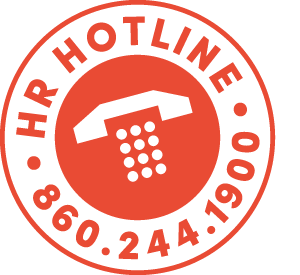HR Hotline: Must We Accommodate a ‘Cell Phone Addiction’?

Q: After being caught several times using his cell phone on the shop floor, an employee is claiming he has an “addiction” to his cell phone, unable to control the urge to check email and surf the web every few minutes. Company policy forbids using cell phones on the production floor, since doing so would compromise safety and efficiency. Is cell phone addiction really a medical condition that must be accommodated in some way?
A: Just how far the ADA’s reach is when it comes to the love-hate relationship with our electronic devices remains to be seen, but it may already have extended further than many of us realize.

Some of the warning signs of the problem are those associated with other addictions, including preoccupation, increasing time online needed to achieve satisfaction, and unsuccessful attempts to stop.
Whether or not these symptoms actually reflect a legitimate medical dependency, an obsession with online activity via cell phone cannot be used by a worker as a shield against accountability for unsatisfactory job performance or failure to abide by safety standards.
The ADA does not require employers to lower or eliminate performance standards because a worker has a disability. Rather, it requires employers to adopt “reasonable accommodations”—changes to how, where, and when a job is performed—that enable the worker with a disability to perform essential job functions, meet productivity targets, and comply with safety standards.
In accordance with current legal obligations, you should respond to your worker by suggesting that with medical documentation regarding his condition, including how it impacts essential job functions, you will evaluate possible accommodations, but production and safety standards still must be met.
A claimed Internet addiction will not protect him from disciplinary action, up to and including termination.
A claimed Internet addiction will not protect him from disciplinary action, up to and including termination, if he is unable to refrain from this activity.
Managers should understand and follow this balanced collaborative approach, communicating with employees who may have a disability and seeking input from their health advisers when assessing the presence of a disability and possible workplace accommodations.
It is very likely that such addictive disorders are real, potentially devastating disruptions to people’s personal and work lives.
But as with other medical conditions that may or may not prevent successful job performance, the goal must be to arrive at the right conclusion and response by exercising due diligence—meaning no shortcuts!
HR problems? Email or call Mark Soycher at the HR Hotline (860.244.1900 | @HRHotline)
RELATED
EXPLORE BY CATEGORY
Stay Connected with CBIA News Digests
The latest news and information delivered directly to your inbox.


